In the five months since Donald Trump and Volodymyr Zelenskyy met at the Oval Office in late February, Ukrainian officials have worked hard to repair the damage of that day, which ended with the Ukrainian president being kicked out of the White House.
With advice from European allies, Zelenskyy recalibrated his strategy for dealing with the Trump administration, and there was a feeling it was broadly going well. “We managed to reset communications, to find a new language to work with Trump,” said one senior official in Kyiv a week ago.
It has also seemed as if Trump’s rhetoric was finally shifting as he termed Russia’s bombing of Ukrainian cities “disgusting” in recent weeks and set Vladimir Putin a deadline of last Friday to stop the war or face the imposition of crippling new sanctions.
Then came envoy Steve Witkoff’s visit to Moscow last Wednesday. Putin appears to have made no major concessions during the three-hour Kremlin meeting, and in return was rewarded not with debilitating sanctions but with an invitation to meet Trump in Alaska. The offer to thrash out a Ukrainian peace deal at a bilateral summit with Trump represents exactly the sort of great-power deal-making Putin has always craved. It will be his first trip to the United States since 2007, with the exception of visits to the UN.
Exactly how the Alaska summit will look is still unclear, with a particularly Trumpian kind of confusion and chaos accompanying its announcement. Kyiv, European capitals and even Trump’s own staff have been trying to understand what exactly was agreed in the Kremlin.
The first announcements from the White House suggested Putin would meet Trump, followed by a three-way meeting between Trump, Putin and Zelenskyy. This was swiftly denied by Putin. As he put it, “we are still far from creating the conditions” for a meeting with Zelenskyy. An aide denied that the Russian side had ever agreed to a three-way meeting.
A White House source told the New York Post on Thursday that if Putin did not agree to meet Zelenskyy, the meeting with Trump would not go ahead. But a few hours later, Trump denied that: he was happy to meet Putin anyway. The back-and-forth gave the distinct impression, not for the first time, that in the relationship between Trump and Putin, it is the Russian president who calls the shots.

Some administration officials later briefed US media outlets that they may invite Zelenskyy anyway, and the German chancellor, Friedrich Merz, said in a Sunday interview he “hopes and assumes” that Zelenskyy will take part. For now, this does not seem likely. A senior White House official told NBC that Trump was “open” to a trilateral summit, but was “focusing on planning the bilateral meeting requested by president Putin”.
As worrying for Kyiv as the planned format of the talks is the apparent Russian deal now on the table. The plan, as it has been reported after filtering through the Trump administration and then to European capitals, is that the Ukrainian army should unilaterally withdraw from the parts of Donetsk and Luhansk it still controls, which would presumably include the fortified military stronghold of Kramatorsk. In exchange, the Kremlin would agree to freeze the lines in other places.
“Ukrainians will not give their land to occupiers,” Zelenskyy said over the weekend, adding that handing over land to Russia would violate the Ukrainian constitution. He said any deal done without Ukraine was destined to be “stillborn”.
Zelenskyy’s public posture that Ukraine will never cede land is true up to a point. Kyiv is unlikely to renounce legal claims to its own territory, but the Ukrainian elite and much of Ukrainian society is increasingly ready for a deal that would recognise Russian de facto control, perhaps for a set period of time, in exchange for ending the fighting.
The main problem with such a deal has always been what kind of guarantees Ukraine would receive that Russia would not simply use a ceasefire as time to regroup before attacking again. Brief discussions earlier this year about a European peacekeeping force to police a ceasefire were quickly scaled back to a “reassurance force” stationed far from the frontlines. Ukrainians would therefore have not much to rely on but Putin’s word, which they have learned from experience not to trust.
Even still, there is a significant camp in the Ukrainian political and military elite who believe that, after more than three years of war, the situation has become so dire that the country is obliged to take such a deal, simply to allow for a pause in the fighting.
The problem for Kyiv is the deal Putin apparently pitched to Witkoff is significantly worse than simply freezing the lines. “As things stand, Ukraine and Europe are on the verge of being confronted with exactly the kind of Faustian deal they feared would emerge back in February,” Sam Greene, a professor at King’s College London, wrote on X.
Over the past few days, Zelenskyy and his team have been rallying support among European leaders and trying to put together an alternative, European plan. Unfortunately for Kyiv, previous experience suggests Trump is unwilling or unable to exert real pressure on Putin.
“If Putin and Trump reach an agreement directly, Europe will be faced with a fait accompli. Kyiv – even more so,” said Roman Alekhin, a Russian war blogger, on Sunday. It is exactly that prospect Ukraine’s leadership will be doing their utmost to prevent in the days before Friday’s summit.

 German (DE)
German (DE)  English (US)
English (US)  Spanish (ES)
Spanish (ES)  French (FR)
French (FR)  Hindi (IN)
Hindi (IN)  Italian (IT)
Italian (IT)  Russian (RU)
Russian (RU)  3 weeks ago
3 weeks ago

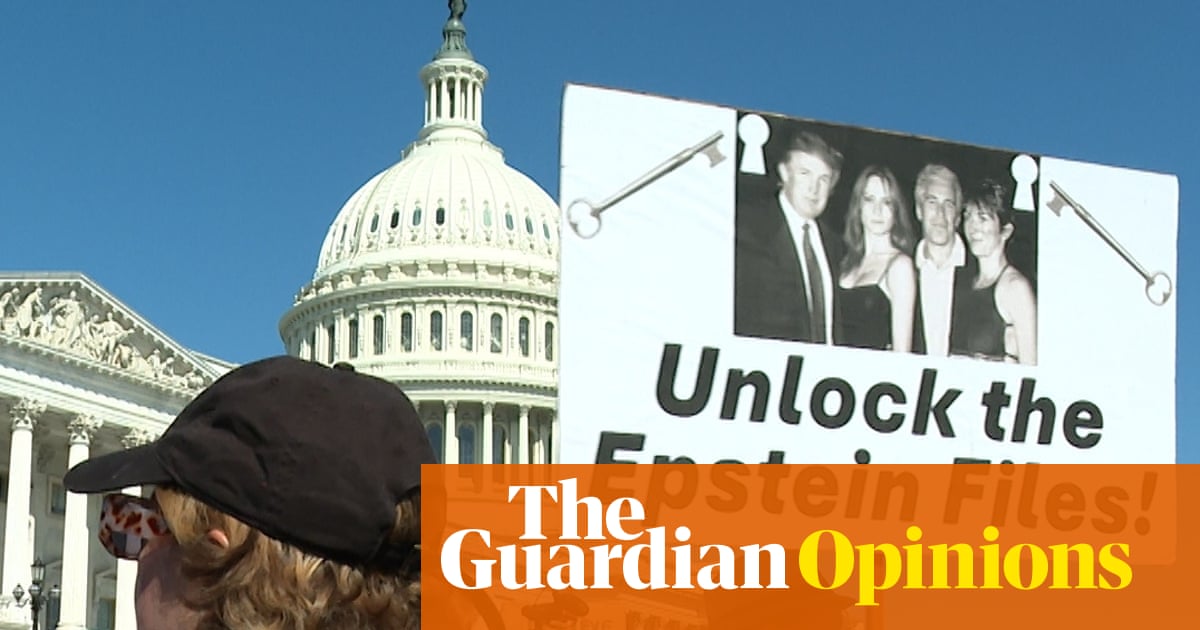
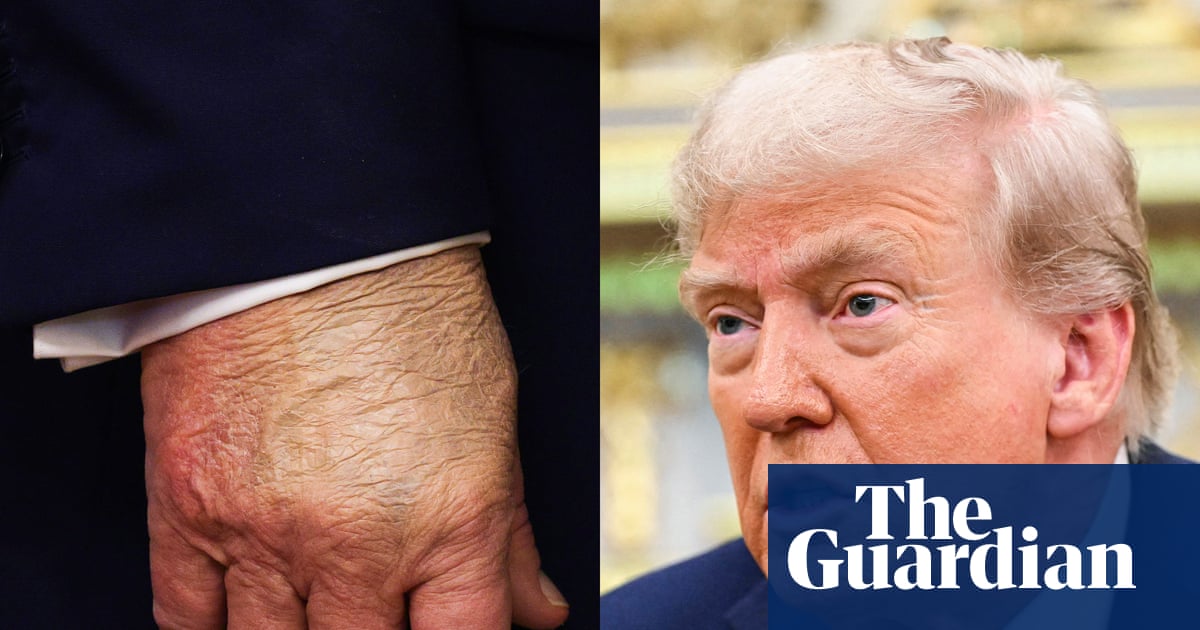











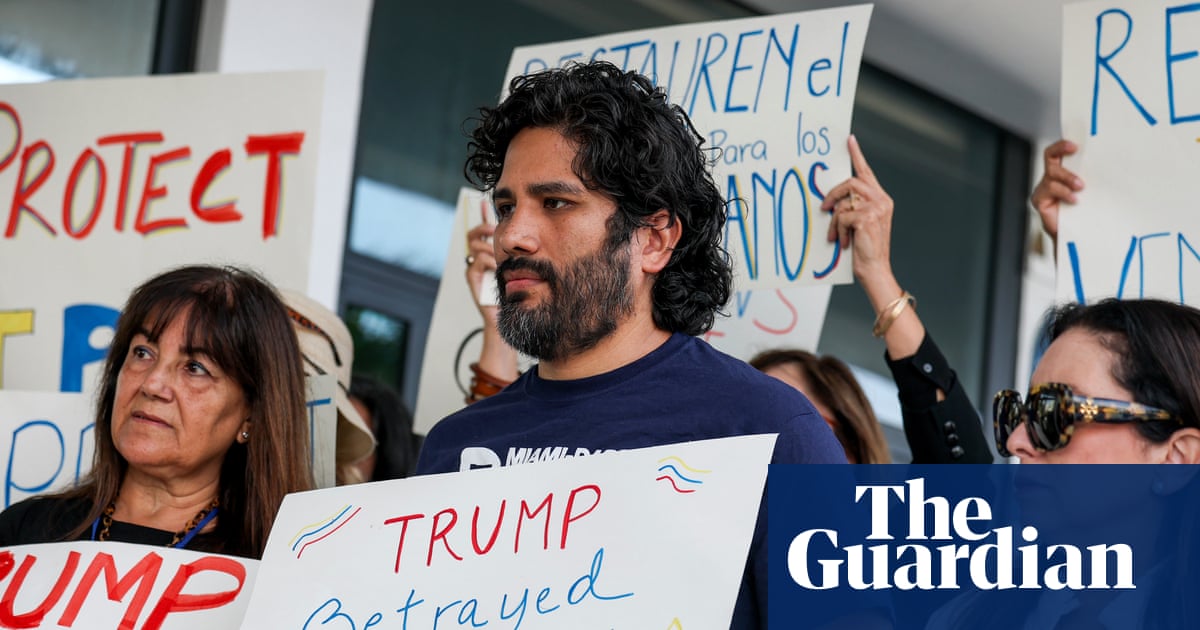



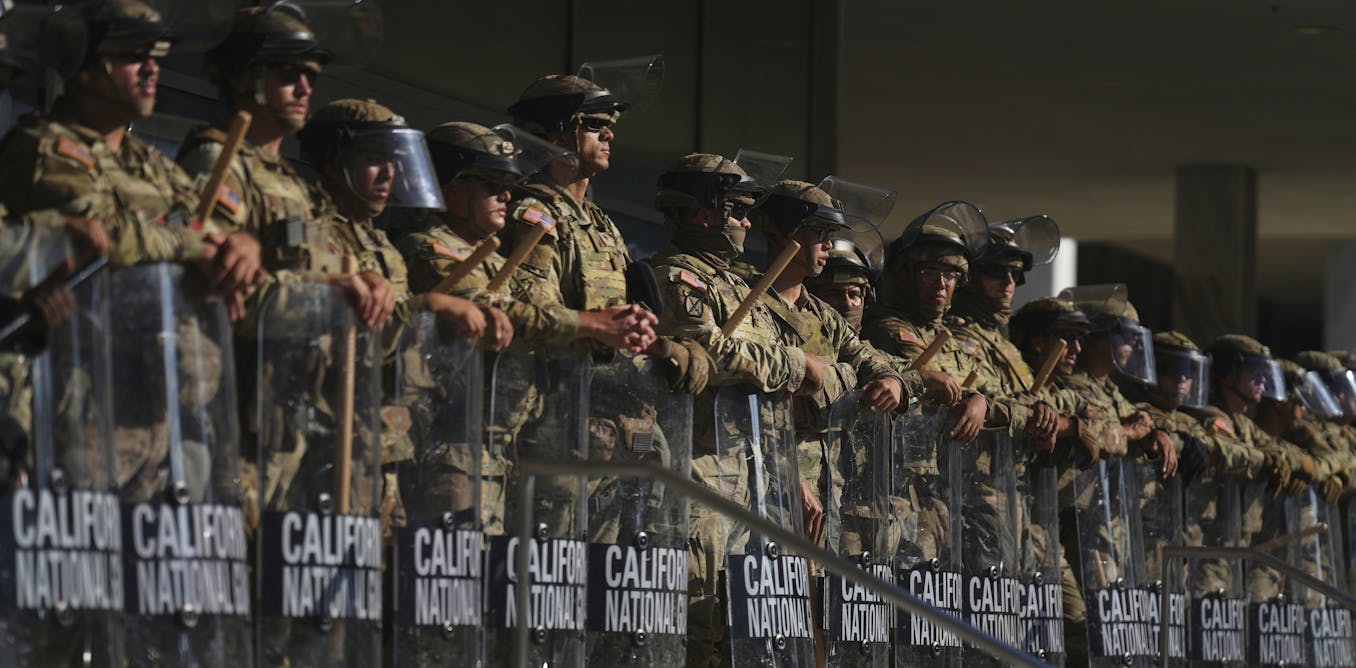



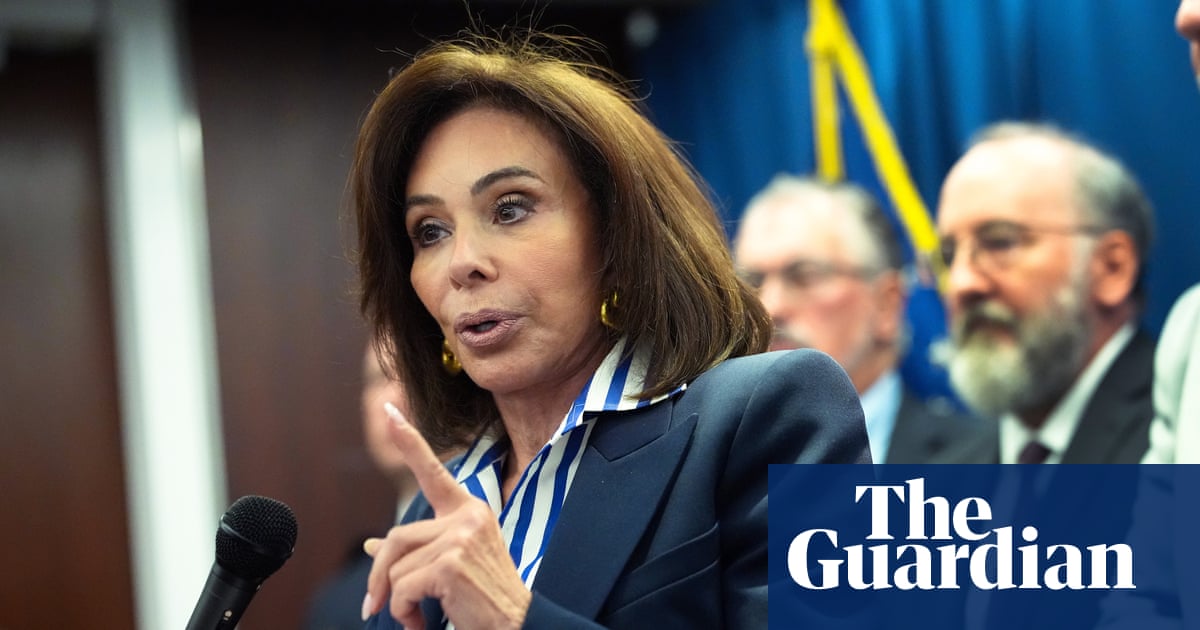

Comments